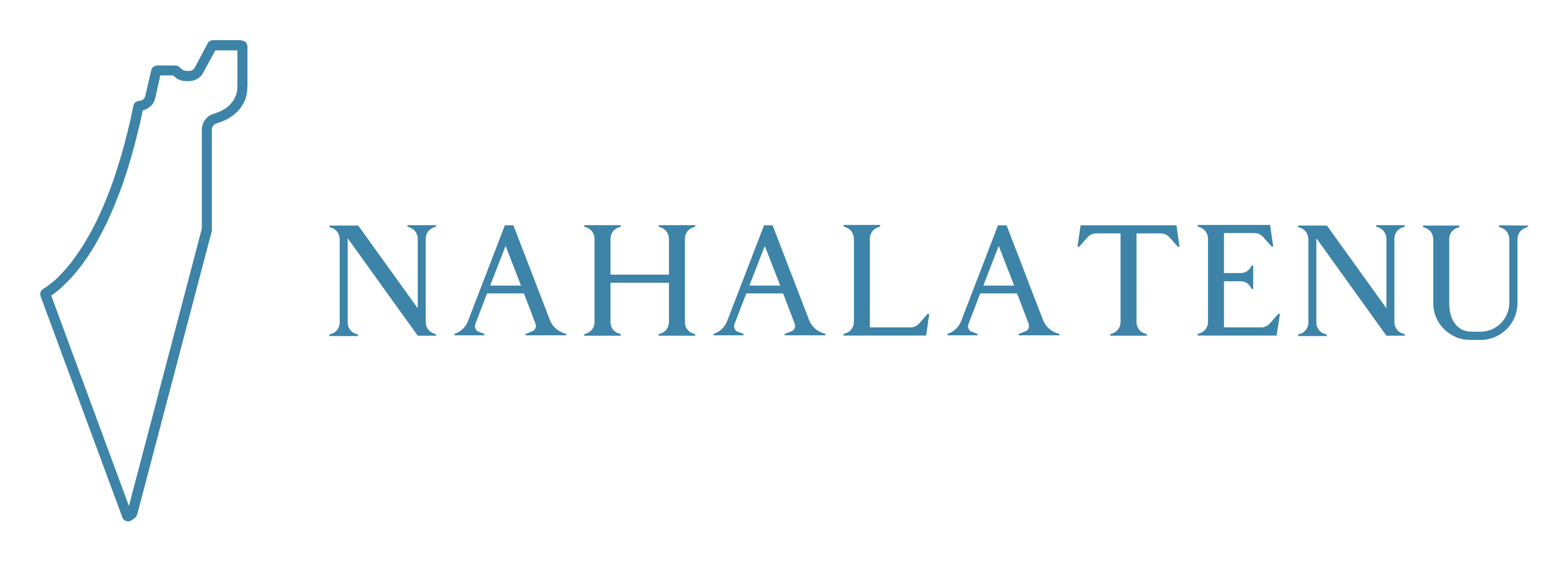Shabbat Shalom!
This week’s Torah portion, Parashat Vayigash, presents a deeply emotional and transformative moment: the reconciliation between Yosef and his brothers, particularly Yehuda. This reunion is not just a resolution of familial conflict but a profound lesson in forgiveness, growth, and the ability to redefine our past.
Yehuda and Yosef: Two Pillars of Leadership
Yehuda and Yosef represent the two foundational pillars of the Jewish people. Later in Israel’s history, these two tribes—Yehuda and Efraim (descended from Yosef)—become central to the nation’s leadership. Yehoshua, from Efraim, and Kaleb ben Yefuneh, from Yehuda, are examples of these tribal leaders who guide the people during critical moments. In this week’s parashah, their forebears confront each other in an intense and pivotal exchange.
Yehuda, who once played a role in Yosef’s betrayal, now steps forward as a changed man. He is willing to sacrifice himself to protect his youngest brother, Binyamin. This transformation reflects genuine teshuvah (repentance). He acknowledges his past mistakes and demonstrates his growth through his actions.
Yosef’s Power of Forgiveness
Yosef, who now holds immense power in Egypt, faces his brothers who had once wronged him so grievously. He could exact revenge or punish them (a scenario reminiscent of many movie narratives such as The Lion King and The Count of Monte Cristo), but instead, Yosef chooses forgiveness. This act of compassion stems from Yosef’s ability to reinterpret his own past.
Yosef acknowledges the harm his brothers intended but views their actions within a larger context. He reframes their betrayal as part of a divine plan, saying, “It was not you who sent me here, but God.” Through this perspective, he sees their act as a necessary step to save their family and the world from famine. His ability to reinterpret his suffering allows him to transcend resentment and embrace a higher purpose.
The Power of Reinterpreting the Past
Yosef’s story teaches us a critical life lesson: our past does not have to define us. Instead, it is our present perspective that shapes how we view and use the past. By reframing painful experiences, we can transform trauma into growth and adversity into strength.
Modern psychology echoes this idea with the concepts of post-traumatic growth and post-traumatic stress. While trauma can leave lasting scars, the way we interpret those experiences determines their impact. If we see them as opportunities for growth and resilience, they can propel us forward. But if we dwell in victimhood, they can trap us in the pain of the past.
Yosef exemplifies post-traumatic growth. He does not deny the pain of his past but chooses to see it as a stepping stone for his current strength and success. His reinterpretation of the past not only heals his relationships but also empowers him to fulfill his role as a leader and savior.
A Lesson for Our Lives
Parashat Vayigash challenges us to ask: how can we reinterpret our past to serve our present and future? Like Yosef, we can choose to find meaning and growth in even the most challenging experiences. This does not erase the difficulty of those moments but allows us to integrate them into a narrative of resilience and purpose.
Yehuda’s repentance and Yosef’s forgiveness also remind us of the transformative power of teshuvah and compassion. By recognizing our mistakes, taking responsibility, and showing love and understanding, we can mend relationships and move forward.
May we all find the strength to redefine our pasts, embrace growth, and cultivate forgiveness and love in our lives.
Shabbat Shalom!



Share:
Parashat Miketz and Hanukkah: A Vision of Light
Parashat Vayehi: Transforming Challenges into Blessings